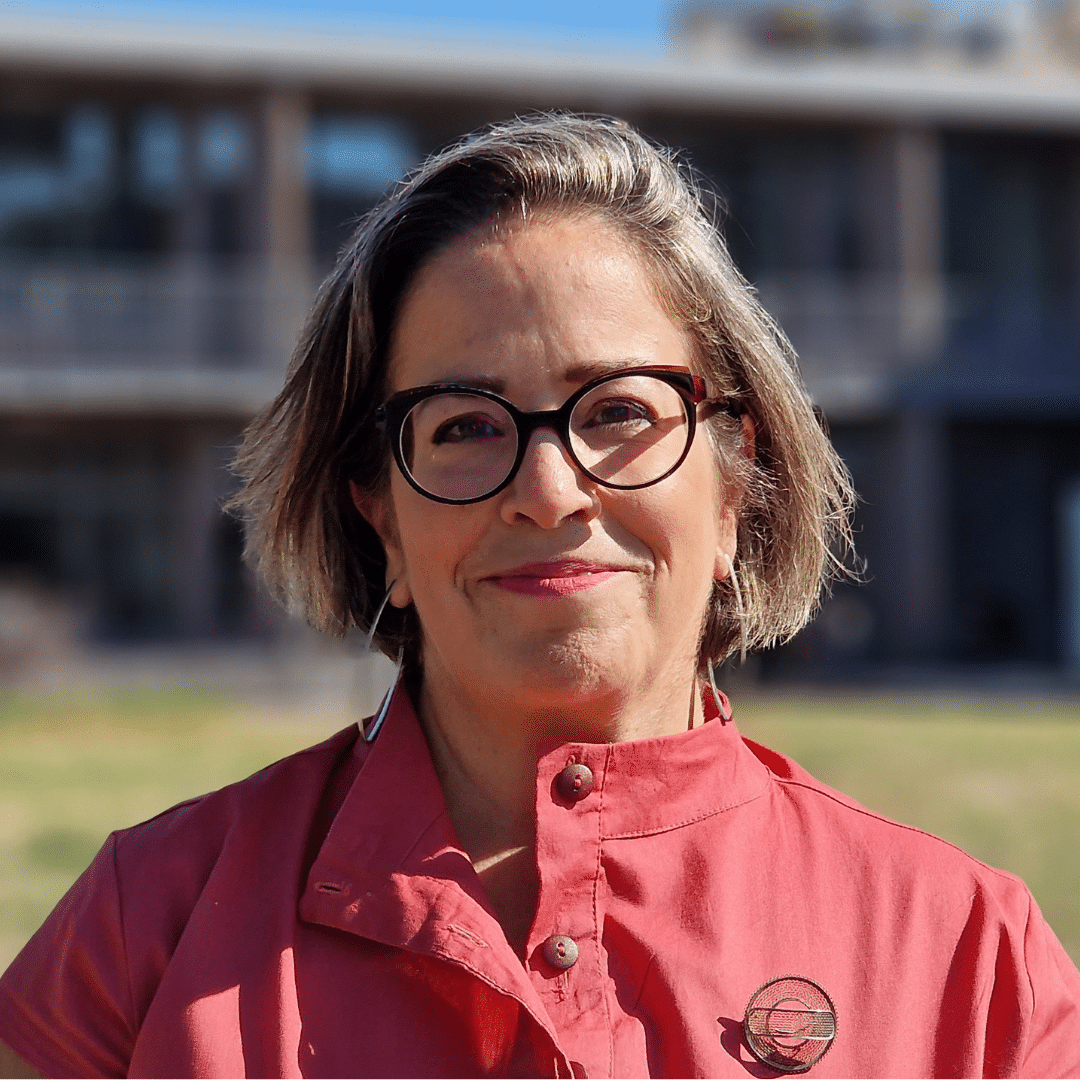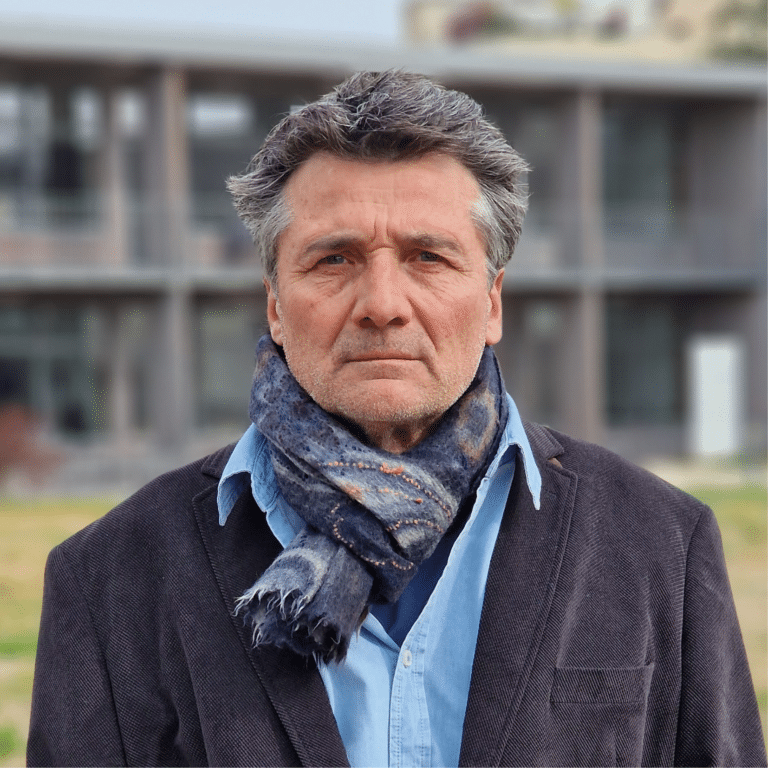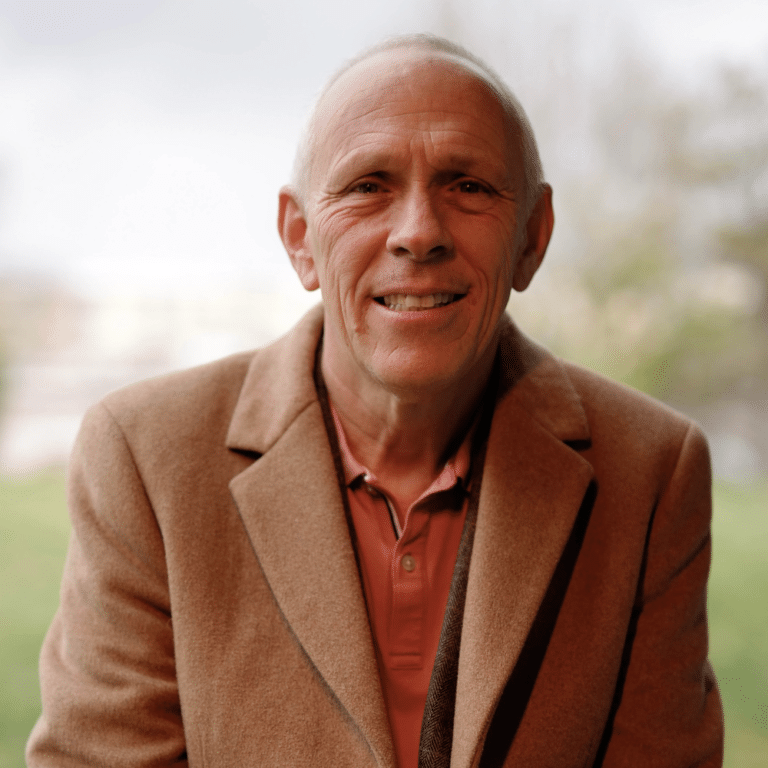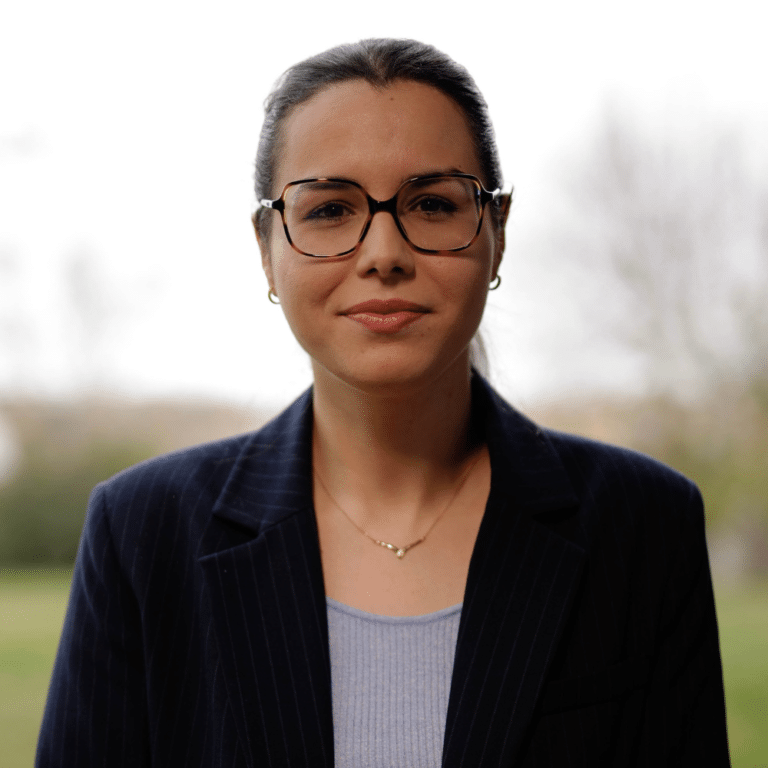Research project
Democratizing Memory: Overcoming the long 1950s in Mizrahi history
Summary of the research project
Through her research fellowship at Iméra, the Institute for Advanced Study of Aix-Marseille University, Hilla Dayan, is investigating the broader context of Mizrahi history, heritage, and memory, and how it can contribute to the democratization of Israeli society.
Unraveling Mizrahi Memory in Israeli Society and Its Democratizing Potential
In October 1947, Sol Dayan, accompanied by her four children, arrived in Marseille as a Moroccan Jewish immigrant. Later, in 1948, the family immigrated to Israel during the turmoil of the 1948 war, that led to the Palestinian “Nakba” (catastrophe). The Dayan family, like many others, faced harsh living conditions and economic challenges during the 1950s, becoming part of the Mizrahi community in Israel.
By combining historical, anthropological, and sociological research, Dayan explores contemporary surges of Mizrahi memory work and the controversies surrounding it. Her main contention is that Mizrahi heritage and memory are crucial for the future democratization of Jewish-Israeli society, even though they currently risk being appropriated for hegemonic culture and politics. She seeks to explain how this memory can democratize society while resisting its misuse for undemocratic agendas. This transregional research project involves triangulations of Israel/Palestine, the MENA region, and European studies scholarship.
Dayan’s investigation begins by exploring the presence of Mizrahim in Israeli society, where they have historically faced erasure, exclusion, and negation, particularly during the 1950s. The Mizrahization of Israeli life has led to increased visibility and raised questions about the impact of Mizrahi memory on younger generations and its potential to contribute to democratization.
Tracing Mizrahi Heritage in the MENA Context: Connections and Challenges
In the MENA context, Dayan focuses on the evolving significance of Mizrahi heritage, especially in light of Israel’s recent engagement with MENA regimes through the “Abraham accords.” She examines the politics of memory and heritage production, considering the potential of Mizrahi history to facilitate positive change and openness to unexpected possibilities in the region, even amid the complex Israel/Palestine conundrum.
Furthermore, Dayan highlights the importance of addressing the European dimension of Mizrahi social history. European countries like France, the Netherlands, and Germany have experienced tensions between Jewish and Muslim minorities related to discussions on Israel/Palestine, antisemitism, and racism. Dayan seeks to uncover the Mizrahi heritage in European cities like Marseille, exploring exhibitions, archives, projects, and initiatives that connect Jews and Muslims of Maghrebi or Arab descent. She sees these connections as vital for breaking down entrenched narratives and educating younger European generations about their colonial past, Jewish-Muslim history, and contemporary Israel/Palestine.
In conclusion, Dayan outlines her research approach and plans for a fellowship year. She aims to consolidate her interdisciplinary and transregional research into a book project. Through collaborations with various scholars, she hopes to shed light on the potential of Mizrahi memory and heritage to promote democratization, understanding, and dialogue across societies. By sharing knowledge and fostering conversations, Dayan seeks to contribute to a better future for diverse communities and combat political denial and distrust. She is eager to participate in the distinguished residential fellowship program to further her research objectives.
Biography
Hilla Dayan is a sociologist and Lecturer at a liberal arts college, Amsterdam University College in The Netherlands. She is a graduate of the University of Chicago and the New School for Social Research where she completed her Ph.D. Her current research includes the discourse on antisemitism in Europe, Europe-Israel relations, heritage and memory politics as well as critical studies of the Israeli regime. Dayan is a public speaker and commentator on Israel/Palestine and co-founder of gate48 a platform for critical Israelis in The Netherlands. She maintains close connections with Israeli academia, human rights activists and and movements for social justice in Israel. In 2015 she co-founded the members organization (700 members) academia for equality – for the democratization of Israeli academia and society. She has been active in the Mizrahi movement since the 1990s and her time as a student at Tel Aviv University. Dayan is the first of her family to attend higher education and develop a career in academia (first-generation in higher education). She lives in Amsterdam, the Netherlands with her partner and three children.




